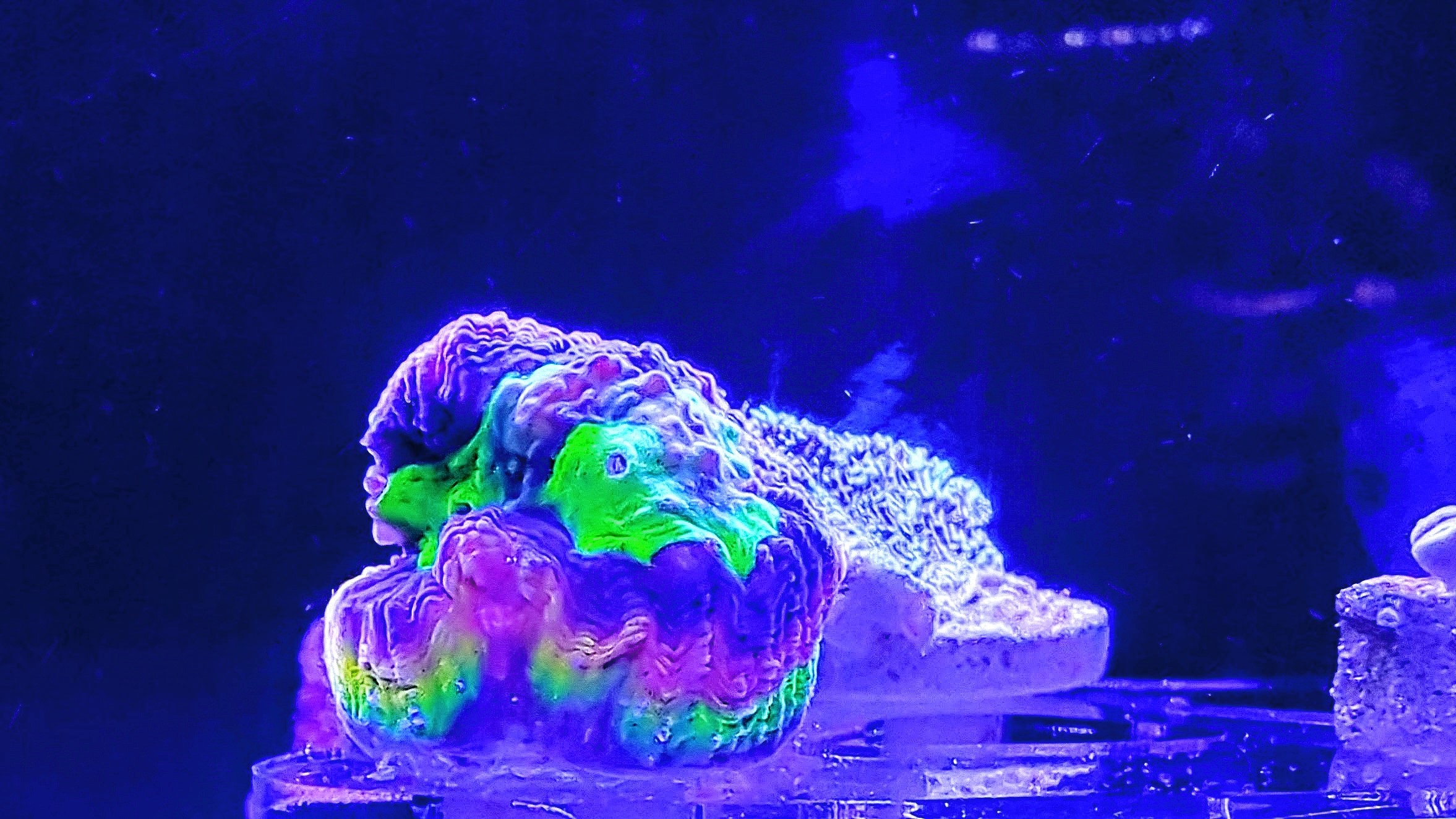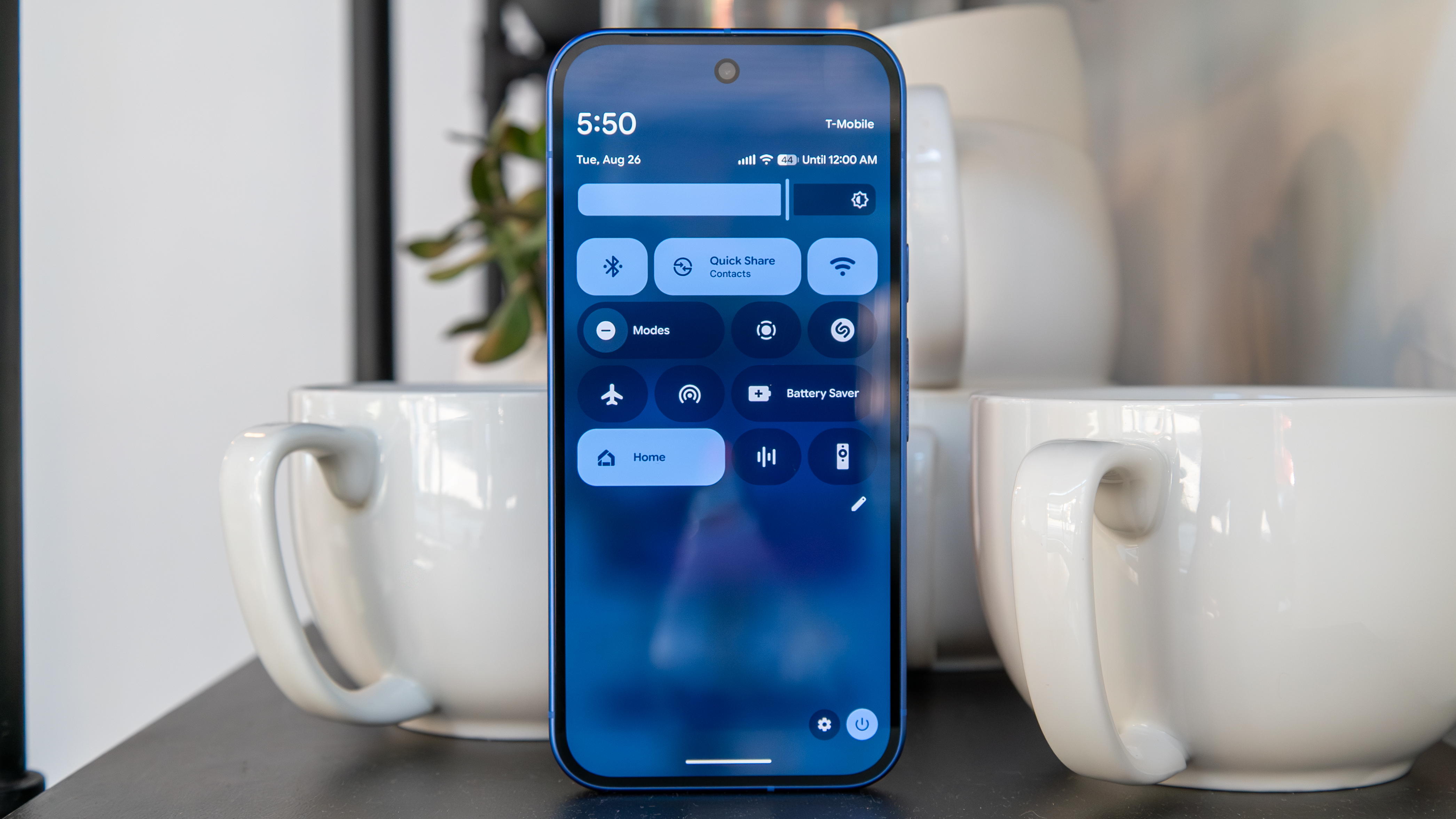Your phone's camera is even better than you thought
Sometimes your pictures surprise you.

For many people, the camera is the most important feature of any new phone. Luckily, there are a ton of great choices when it comes to phones with a great camera and while some are slightly better than others, almost every new Android phone can take awesome pictures.
We hear this all of the time — manufacturers tell us about camera advancements and features, and then a review breaks it down. It makes sense because technology advances. But last week, it hit me right in the face, and I was honestly surprised.
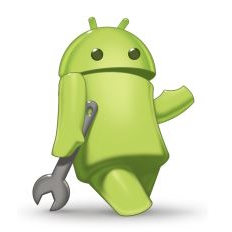
One of the web's longest-running tech columns, Android & Chill is your Saturday discussion of Android, Google, and all things tech.
In a very niche situation and in a very weird way, my laziness showed me just how great the camera on my Pixel 7 Pro is.
I like aquariums; they keep me out of trouble. Mostly. Anyhoo, I was trying to sell some small pieces of coral online, and someone sent me a quick message about one particular piece. They asked me for a photo of it so they could see what they were thinking of buying.
Taking pictures of coral is really hard, even for a "professional" camera because of the lights used to make them grow. Corals need light of a certain wavelength and they can grow much like a plant, converting that light into energy. Our eyes don't see much of the light corals need, but it sure can mess with a camera.
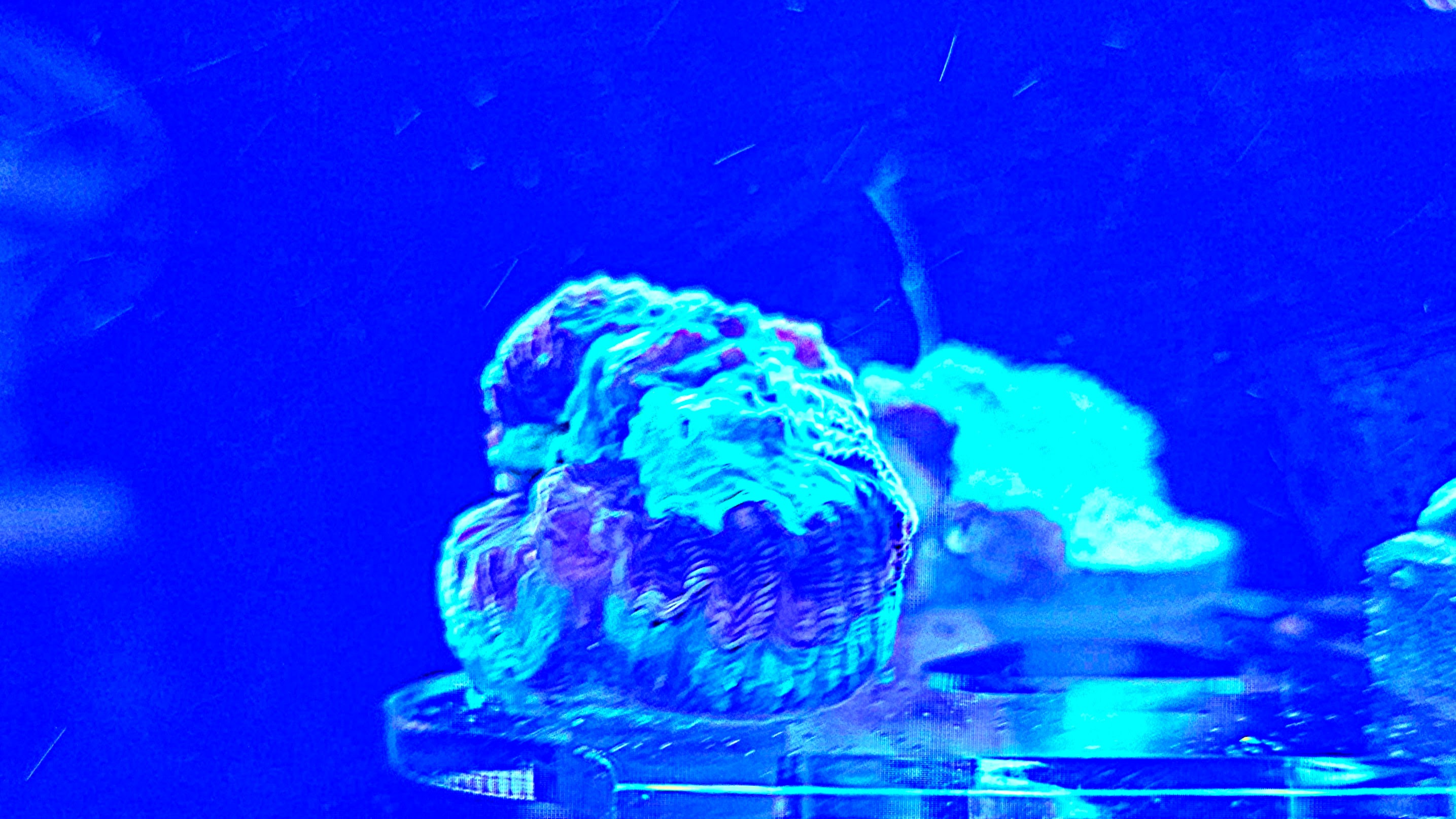
That science fiction-looking photo came from a Galaxy Z Flip 5, and it's not useful because it looks nothing like what your eyes would see. Much (most) of the time, if you point your phone at an aquarium while actinic lights are on, you get something similar. We can't see it, but a camera sensor gets overwhelmed by the huge amount of UV light pouring into the lens.
You offset it with UV lens filters, like this kit made for smartphones. The science behind it is that the filters cut out light measuring 15k and 20k Kelvin (think super blue light that washes out everything else) while leaving the rest of the light data alone. The result is a photo that looks very much like what our eyes see without interference from all the UV.
Get the latest news from Android Central, your trusted companion in the world of Android
Being too lazy to go and look for my little phone filter kit, I just pointed the Pixel 7 Pro at the aquarium and snapped a photo. To my surprise, I got this using Google's auto-settings.
That's still a strange photo, but it looks very much like what my eyes see. And it wouldn't have been possible just a few years back. Even cooler, it can also do the same thing with video.
I can take bunches of photos of my fish tank with the Pixel 7 Pro, but not all of them are useful. I can also get a useful photo from other phones once in a while, too. I've played with it enough to confidently say that if you're taking a picture without any "white" light, Google has figured out some way to make it work through computational photography.
While improved lenses play a part, the real magic lies in using software to "make" a picture. Smartphones leverage powerful processors and sophisticated software to enhance image quality beyond what the sensor can capture alone. Techniques like HDR (High Dynamic Range) combine multiple exposures for balanced lighting, while noise reduction algorithms eliminate graininess in low-light photos.
The result, in my case, isn't a great photo — it's grainy, there's a lot of noise, and you'll see strange artifacts where I need to clean the glass. But it's a good representation of what you see, takes the glow away from the background, and it's pretty consistent.
I have no idea what software magic is being used to turn light our eyes can't see into an accurate representation of what is real because, in this case, "real" changes so much. Adding some white lighting makes it easier to take a picture but slightly changes the colors you see because nothing is glowing like a black-light poster.
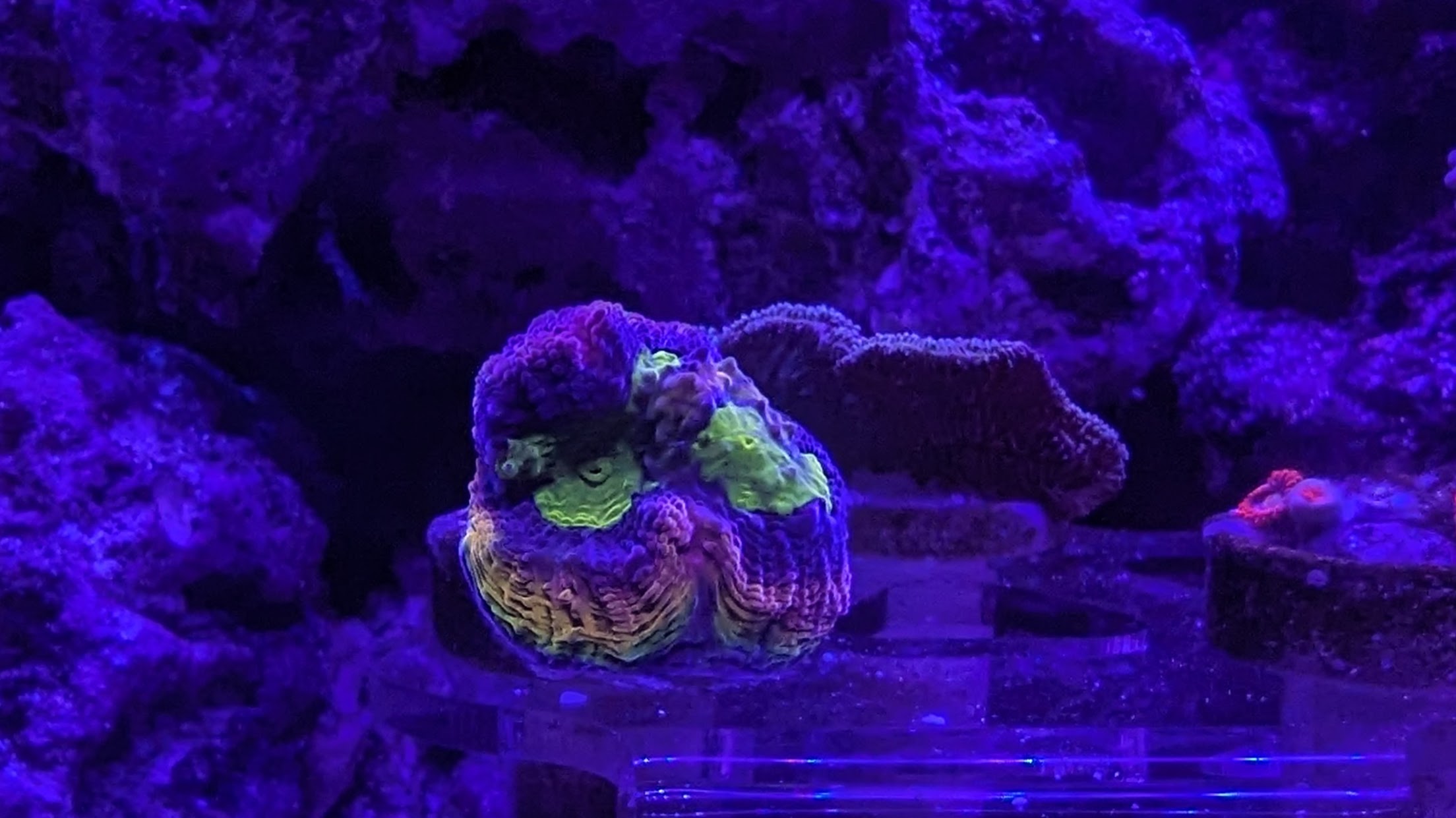
What I do know is that my year-old phone takes photos of a difficult subject as well or better than my expensive "real" camera that doesn't use voodoo logic and AI in place of a good, fast lens. I wish I had a Pixel 8 here to test because I know it did a lot better than expected while taking photos at a public aquarium.
Phone cameras have moved past the "good enough" metric and are now a real professional tool. It's something I would have never thought could happen just a few years ago, but I'm ready to put my bigger, heavier camera on the shelf.

Jerry is an amateur woodworker and struggling shade tree mechanic. There's nothing he can't take apart, but many things he can't reassemble. You'll find him writing and speaking his loud opinion on Android Central and occasionally on Threads.
You must confirm your public display name before commenting
Please logout and then login again, you will then be prompted to enter your display name.
